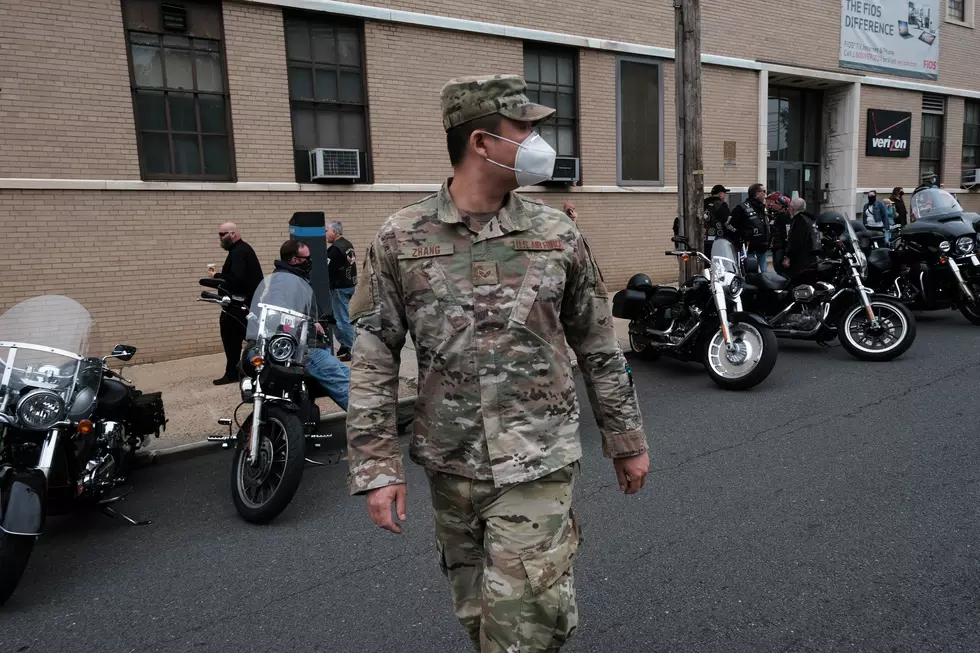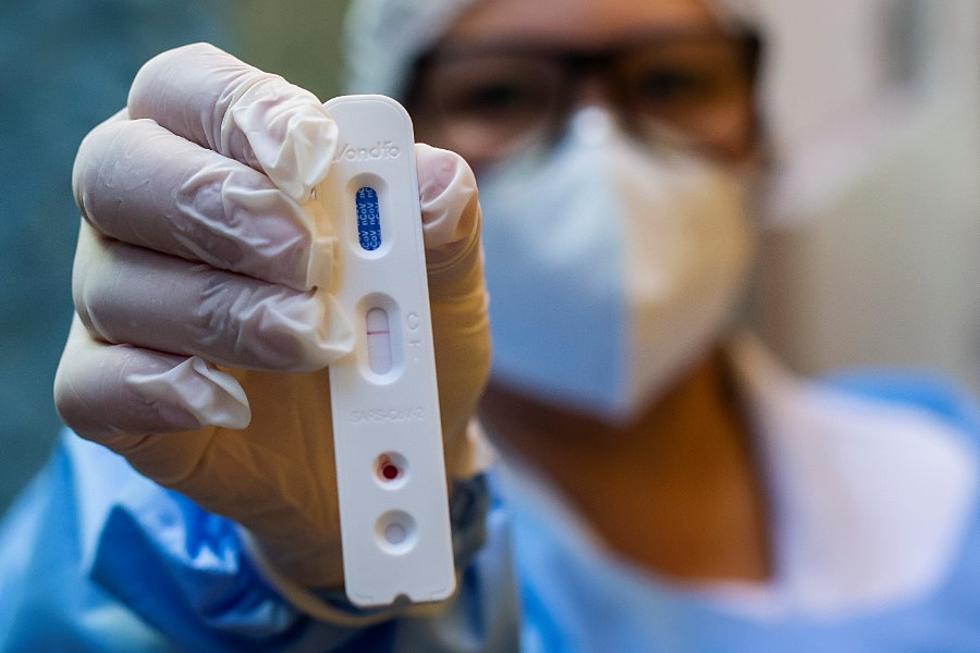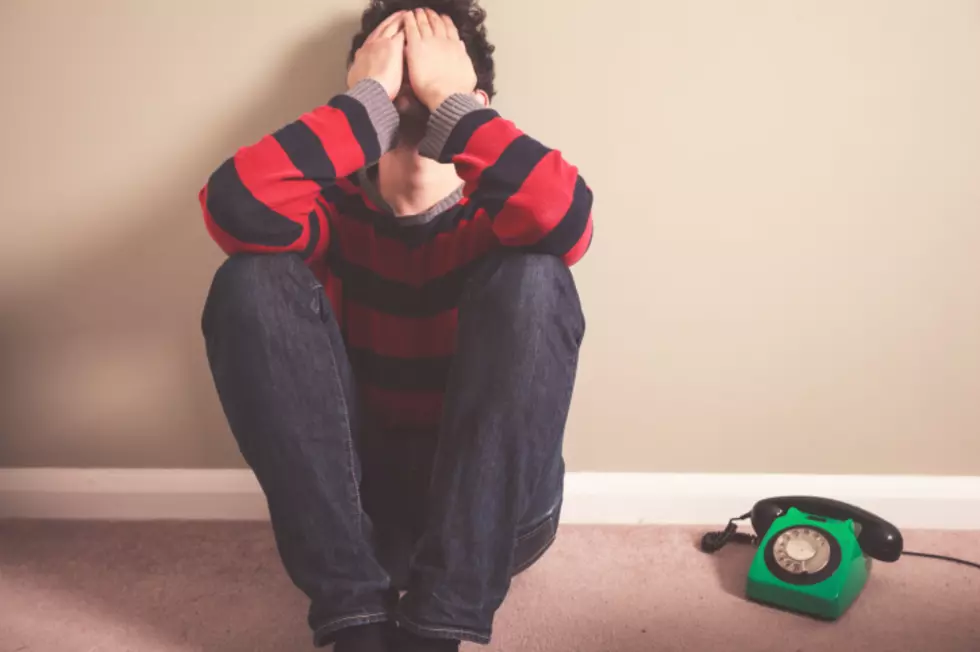
If You Want to Avoid COVID-19, Change Your Diet and Stay Away from Meat, Says Dr. Oz
"Do all the things that make you healthier today, like lose weight, eat more vegetarian meals and lower your inflammation by reducing the amount of meat you eat," says Dr. Mehmet Oz.
When Dr. Oz speaks the world listens. The closest thing we have to "America's Doctor," the Harvard educated heart surgeon has been helping TV audiences and millions of readers of his books and magazine to understand that we are in charge of much of our health–and with a few key preventative measures such as eating right, getting sleep, exercising, and maintaining a healthy weight–we can sidestep many of the worst chronic diseases that plague Americans.
Heart Disease, Hypertension, Obesity, Diabetes, and even some cancers, can all be abated or avoided by the dietary choices we make every day. So when COVID019 showed up and stopped life as we know it, Dr. Oz went on a full-court press to get us to eat healthier, and stop eating meat, now and for the future! Because what is good for our longterm health is also good for the short term chances of avoiding the worst of COVID-19's symptoms.
The urgent message Dr. Oz wants to get out there: You can lower your risk of life-threatening disease by changing the way you eat.
"The first thing I tell patients is to reduce the amount of meat they eat," Says Oz
"If you look at the people suffering the worst from COVID-19, it turns out that nearly 90 percent of those admitted to the hospital are overweight or have diabetes or are hypertensive and have chronic illnesses that they are living with.
"The first thing I tell patients is to reduce the amount of meat they eat," Dr. Oz says. "It's the biggest factor in diabetes since it causes inflammation and that is what leads to the complications of diabetes," he explains.
"Think of meat as an occasional luxury, as opposed to something you eat every day or every meal. If you want to avoid COVID-19 you need to lose weight and boost your immunity with foods that lower inflammation. Vegetables should take up most of your plate, not be thought of as a side dish."
"If people don't manage that part of their lives they will remain unable to go out during the next year," he said. "They will remain at high risk and be vulnerable. Medically that is what we are looking at." So if for the only reason alone is to be able to socially re-enter the re-opened community with less fear of a full-blown life-threatening case of COVID-19, eating healthy is the ticket.
At 60, having just turned the big birthday the day before our conversation, Dr. Oz is the picture of what healthy six decades can look like: Fit, strong and sharp, working fully and eating a mostly vegetarian diet, with not much food before dinner. Here's what he eats and his advice to you for how to live your healthiest now and in the future.
Here is Dr. Oz's best advice to be healthier in a time of COVID-19. You'll never believe what he does to his almonds.
Q. How can you change how people think about food and their diet?
Dr. Oz: Part of the problem with the health care system is I get only paid when you get sick. And I get paid more if you are sick. By that, I mean all doctors. We have it backward.
It's unfortunate because we are throwing away one of our biggest tools, which is nutrition. We know that eating a healthy diet is a way to solve all those things--diabetes, hypertension, obesity. Eating vegan or vegetarian is a way to solve all those things.
Q. So how do you get people to give up meat?
Dr. Oz. We have to change the nomenclature. We need to not think of meat as cool or manly, That's the way cigarettes used to be marketed, as cool.
I want people to see eating meat as not cool. You don't have to eat meat to be cool. You don't have to eat meat to be manly. The Game Changers showed all those athletes saying they don't eat meat because it isn't as good for them as plant-based protein when it comes to recovery.
Q. When you say meat is a driver of diabetes, I thought it was sugar?
Dr. Oz. Sugar is part of the issue, of course, but meat is what creates the inflammation and that is what drives the complications. It is hard to stop eating sugar; it is found in many locations. But meat is only in meat.
Q. Everyone thinks you need meat and dairy for protein and calcium. Do you?
Dr. Oz. People are brought up thinking you need meat or that you need dairy. These are powerful lobbies. But meat should be eaten only occasionally or as a flavor enhancer.
When people sit down to dinner, vegetables should take up most of your plate, not be a side dish. Inflammation foods such as processed food and red meat are to be avoided, whereas eating vegetarian, which is how Lisa cooks, that's how we eat at home. My wife Lisa is a vegetarian and wrote a bestselling cookbook. So that's how we eat as a family.
Q. So is your philosophy: Everything in moderation?
Dr. Oz. A little bit of meat does not create a big problem. If its the flavoring, or on occasion, it is not negative. Whereas cigarettes are always negative. But to attack meat eaters is not productive. It makes people retreat into their corners. I would rather tell someone to cut back.
We get nowhere when we make this into an ad hominem attack, as in, all meat-eaters are bad. That's just not productive. The point is to get people to cut back and eat more plant-based food.
Right now it's important to recognize that I am not taking away what you love to do. I am showing the pros and cons. If you eat meat every meal, consider having meat once a day, or only two or three times a week. So if you really want to have meat have a high-quality source. But cut way back.
Q. So what does Dr. Oz eat in a day? Let's start with breakfast:
Dr. Oz: I don't eat breakfast. I delay my breakfast until 11 am. I intermittent fast. I have dinner at 8 pm and breakfast around 10 or 11. When I have ia yogurt and berries, or my favorite thing is that I like last night's leftovers, like salad. Salad at 10 in the morning is great.
Lunch is 2 o'clock but almost always vegetarian. We keep vegetarian meals around the house and have a freezer full and also pantry. We do eat vegetarian all the time.
If you make it easy to cook vegetarian, then people will do it. If you have never made quinoa and black beans you might not. But we make it easy.
Dinner is the big social meal of the day. We sit around dinner for hours and my son eats meat so we will have it for my son.
Snacks: I soak almonds in water. I love radishes. I adore them. They are not sweet. But I like savory snacks. Radishes are right int the middle... they have a bite to them. You can carry them in a zip-lock bag and chew on them during the day. They're juicy. I salt them., And for almonds and walnuts overnight so they are not hard but chewy. Take a glass of water and they soak it up.
Q. How do you feel about salt?
Dr. Oz: if your blood pressure is fine then I don't worry about it. Table salt is fine but it's in processed foods. There is a huge amount of salt added to processed foods and it preserves them. If I add it to the radishes it gives it an elevated flavor profile, so there's nothing wrong with a little table salt for enhanced flavor.
Q. What do you think about taking vitamin D?
Dr. Oz: Vitamin D can prevent a sore throat, and Zinc and vitamin C can shorten the duration of a cold. I would apply that to COVID-19, or any virus. But vitamin D is in mushrooms and you can get it from the Sun, and vitamin C and zinc are both in lots of foods and those you should increase in your diet.
But the bigger story is to reduce inflammation from the food you eat. Then when there is an inflammatory response to COVID-19, that is when there is such a problem. So a diet that is high in anti-inflammation foods is healthiest. Inflammation is made worse by meat and processed foods.
Q. What do we know about behavior versus genetics when it comes to health?
Dr. Oz: Genetics plays a role. Blood type O people don't clot the same way, which is important. The blood type gene is the same gene that regulates clotting in the body and inflammation in the body. So Blood Type 0 people have fewer heart attacks.
Blood Type A people have more heart disease, and so do Blood Type B also have the same predisposition to inflammation. Only Blood Type 0 has an advantage.
But we can emulate that through diet. It's an anti-inflammatory diet. It has huge benefits. If you do things that make you healthier and the side benefit might be that you reduce your chances of having symptoms or side effects if you get COVID-19. Losing weight and reducing inflammation benefits you today and later in life, and also in the case of COVID-19.
More From K945, The Hit Music Channel










